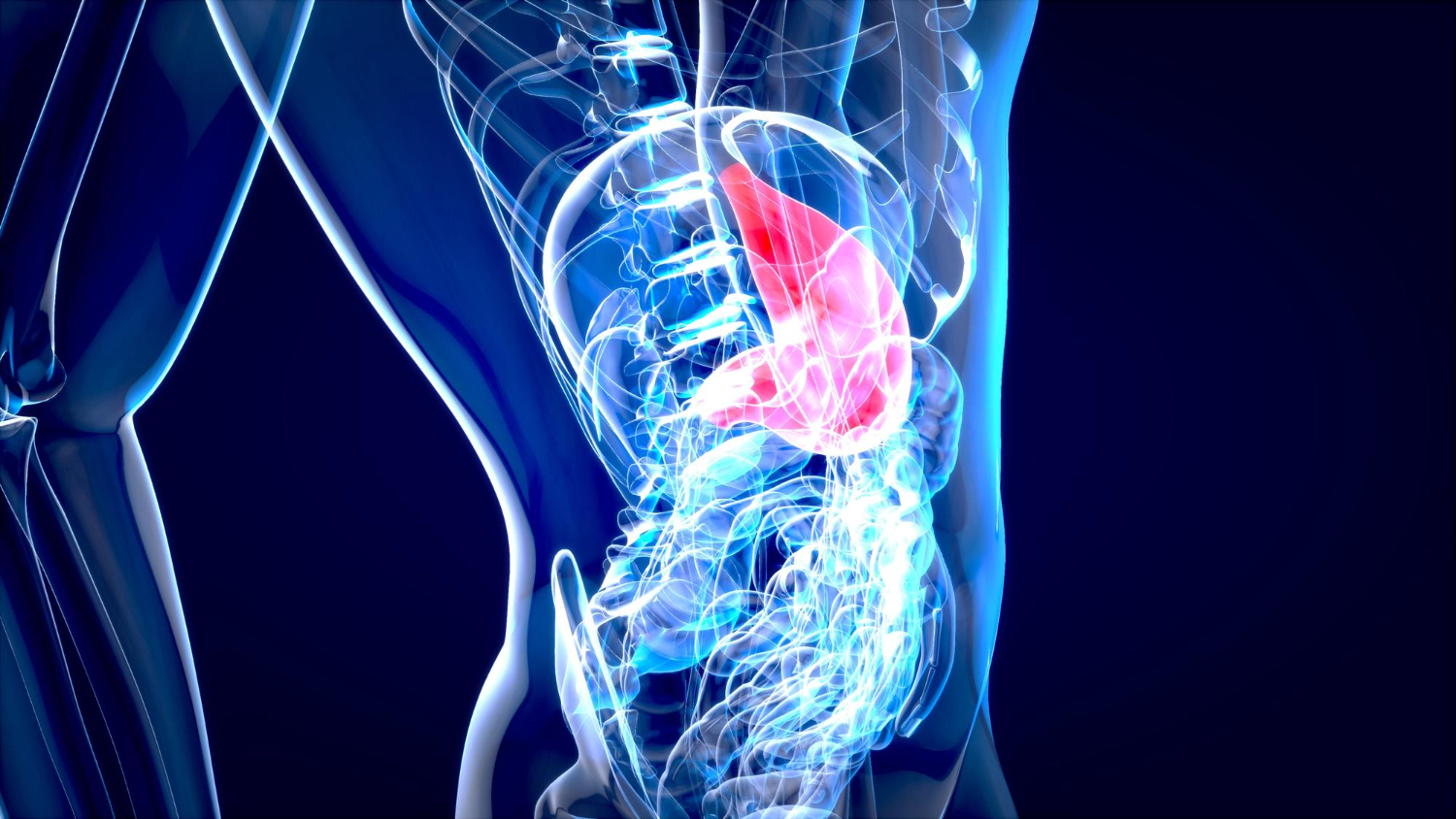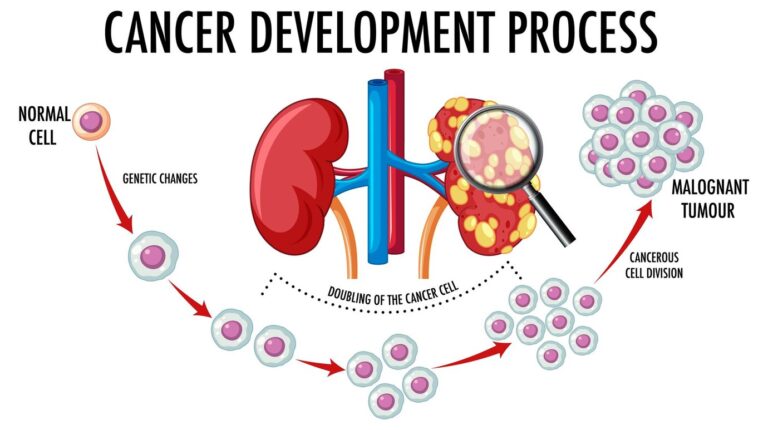The world of gastroenterology, focused on the digestive system and its disorders, is constantly evolving. Gone are the days of limited options for diagnosis and uncomfortable procedures. Recent advancements are making GI care more precise, patient-friendly, and ultimately, more effective. Let’s delve into some of the exciting innovations transforming this field:
Diagnostic Breakthroughs:
- Seeing the unseen: Imagine a tiny camera you can swallow! Capsule endoscopy does just that. This pill-sized marvel captures images of the small intestine, previously a diagnostic challenge.
- Ultrasound on the inside: Endoscopic ultrasound (EUS) combines endoscopy with ultrasound technology. This powerful tool provides detailed views of the digestive tract wall and nearby organs, aiding in the detection of tumors, cysts, and other abnormalities.
- AI lending a hand (or eye): Artificial intelligence (AI) is making waves in gastroenterology. AI algorithms are being trained to analyze endoscopic images, assisting doctors in identifying subtle anomalies that might be missed by the human eye. This can lead to earlier and more accurate diagnoses for diseases like cancer.
Treatment Transformations:
- Minimally invasive surgery: Laparoscopic and robotic surgery are revolutionizing GI procedures. These minimally invasive techniques offer smaller incisions, quicker recovery times, and reduced pain for patients.
- Non-surgical weapon against cancer: Endoscopic mucosal resection (EMR) is a minimally invasive technique for removing precancerous polyps or early-stage cancers in the gastrointestinal tract. This avoids the need for major surgery.
- Precision medicine for the gut: The field of personalized medicine is reaching gastroenterology. By analyzing a patient’s specific genetic makeup and gut microbiome, doctors can tailor treatment plans for inflammatory bowel disease (IBD) and other conditions, leading to better outcomes.
The Future of Gut Health:
These advancements are just the beginning. The future of gastroenterology is likely to see even more breakthroughs, such as:
- The rise of the microbiome: Research on the gut microbiome, the trillions of bacteria residing in our gut, is exploding. Understanding how the microbiome impacts gut health could lead to the development of new therapies for various digestive disorders.
- Gene editing for digestive diseases: Gene editing technologies like CRISPR hold promise for treating inherited GI conditions by correcting faulty genes.
- Telemedicine for the gut: Telemedicine consultations with gastroenterologists could become more commonplace, improving access to care for patients in remote locations.
These innovations in gastroenterology are paving the way for a brighter future for digestive health. With earlier diagnoses, more effective treatments, and a focus on personalized care, patients can experience better gut health and a higher quality of life.




